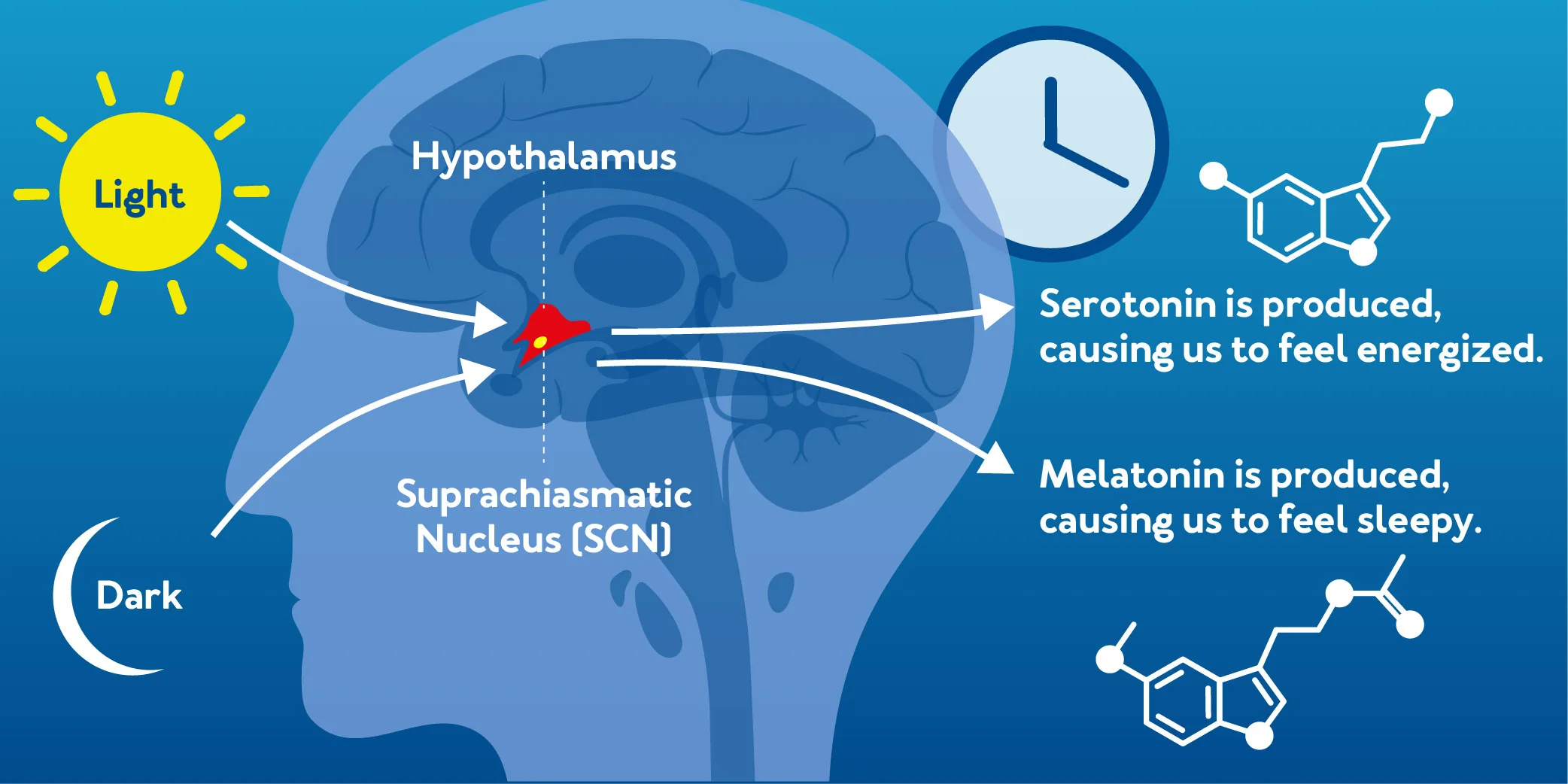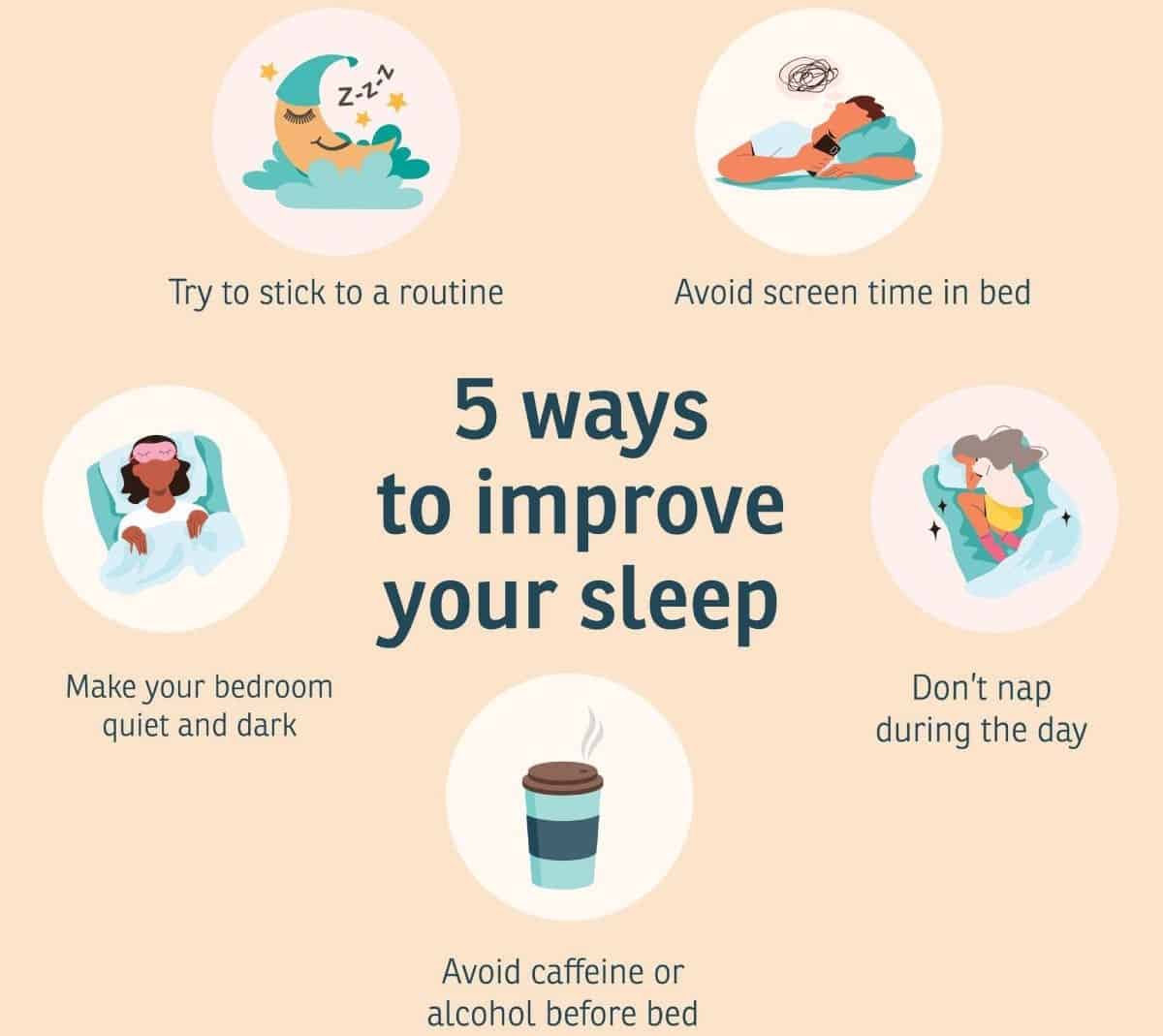At Dr. Roze BioDental Clinic Dubai, we believe that a good night’s sleep is essential for overall health and well-being. Not only does sleep help us feel refreshed and energized, but it also plays a critical role in supporting our immune system. In this blog post, we will explore the surprising connection between sleep and your immune system and discuss ways to improve your sleep hygiene.
1. The Link Between Sleep and Immunity
The sleeping and feeding habits of all the animals, including humans, are governed by the circadian rhythm. The word circadian is taken from the Latin word “circa,” which means day and “diem” means around. Circadian rhythm is a natural process that controls the sleep-wake cycle. The sleep-wake cycle is determined by complex interactions between the central nervous system, endocrine system, and the immune system.

Sleep plays a crucial role in supporting the immune system. During sleep, the body produces cytokines, which are proteins that help fight infection, inflammation, and stress. Cytokines also help regulate the immune response by signaling to the body’s immune cells when and how to respond to pathogens.
Lack of sleep can affect the production of cytokines and other immune system components, making it harder for the body to fight off infections. Chronic sleep deprivation has been linked to a higher risk of developing infectious diseases, including the flu and the common cold.

For example, a modest amount of sleep loss (restricting the time allowed for sleep to 4 hours for one night) reduced natural killer (NK) cell activity to an average of 72%, compared with NK cell activity in participants who had a full night’s sleep. Research indicates that NK cells have a substantial role in killing tumor cells. Reduced functioning of NK cells was associated with a 1.6 times higher risk of dying with cancer (all sites) in an 11-year follow-up survey.
What’s more, poor sleep can also increase your susceptibility to certain types of illness. Studies have shown that those who chronically get less than seven hours of sleep a night are three times as likely to develop the common cold compared to those who routinely get eight hours or more of sleep,
2. The Importance of Sleep Hygiene
Sleep hygiene refers to a set of practices and habits that promote good quality sleep. Here are some tips to improve your sleep hygiene:
- Stick to a consistent sleep schedule: Try to go to bed and wake up at the same time every day, even on weekends.
- Create a sleep-conducive environment: Make sure your bedroom is dark, quiet, and cool. Use comfortable bedding and invest in a good-quality mattress.
- Limit screen time before bed: The blue light emitted by electronic devices can disrupt the body’s natural sleep-wake cycle. Try to avoid using electronic devices for at least an hour before bed.
- Practice relaxation techniques: Engage in relaxing activities before bed, such as reading a book or taking a warm bath.
- Avoid caffeine and alcohol: Caffeine and alcohol can interfere with sleep quality, so try to avoid consuming them in the evening.
At Dr. Roze BioDental Clinic Dubai, we believe that good sleep hygiene is critical for overall health and well-being. If you’re struggling with sleep issues, we encourage you to speak with a healthcare provider to identify the underlying cause and develop an appropriate treatment plan.

In conclusion, Sleep is essential for supporting the immune system and promoting overall health and well-being. Lack of sleep can affect the production of cytokines and other immune system components, making it harder for the body to fight off infections. Good sleep hygiene practices, such as sticking to a consistent sleep schedule and limiting screen time before bed, can help improve sleep quality and support the immune system.
At Dr. Roze BioDental Clinic Dubai, we are committed to providing our patients with the highest level of care and support for their overall health and well-being. As always, we recommend consulting with your healthcare provider before starting any new treatments or making changes to your sleep hygiene routine.

